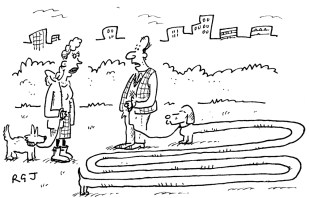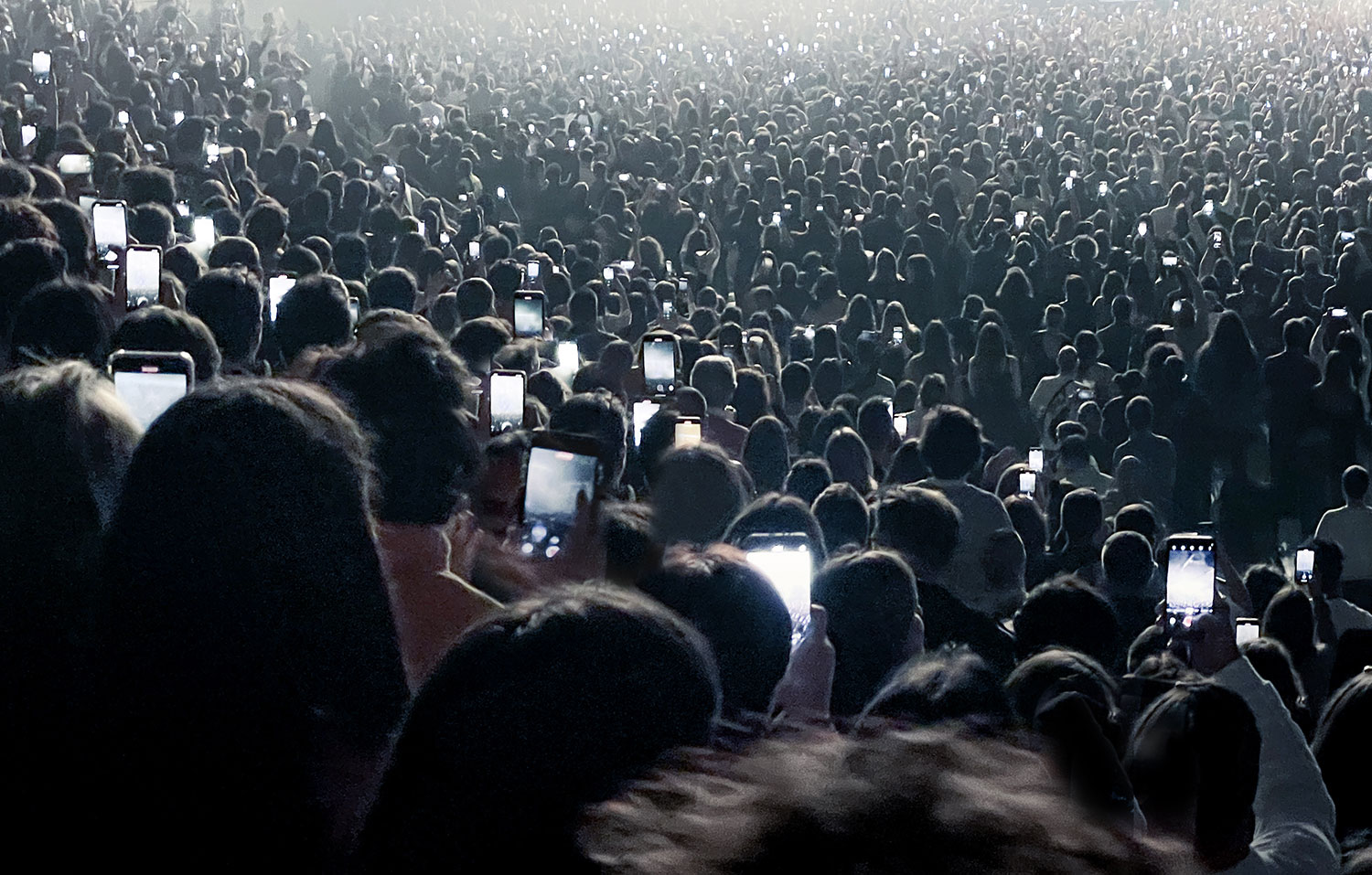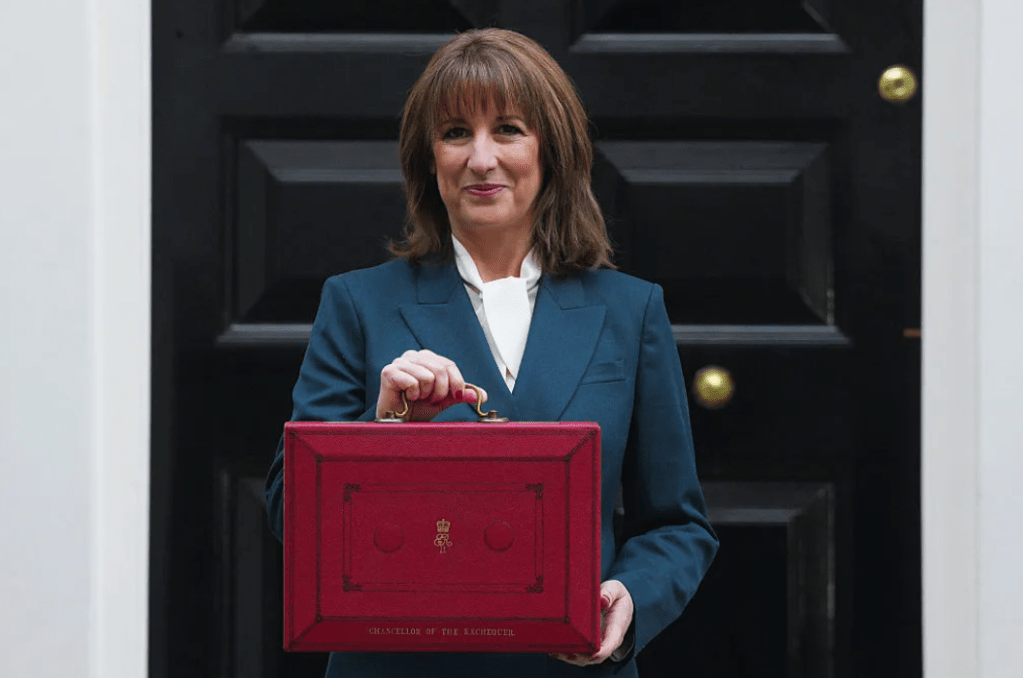Before each show on the recent The The tour – reviewed in these pages last week – the pre-recorded voice of singer Matt Johnson politely asked the audience to refrain from using mobile phones when the band was performing. In Edinburgh, while Johnson was speaking, the chap next to me was preoccupied filming an empty stage.
A sea of screens can be priceless in a genuine emergency but that’s about it
As it happens, most of the crowd complied most of the time, but proscribing phone use at concerts is increasingly challenging. A few artists are up for the fight. As they enter the venue, fans attending Bob Dylan’s forthcoming UK dates will be asked – told, really – to put their phones into locked Yondr pouches for the duration of the gig; the offending items will be released from custody only as the audience is leaving the building. Alicia Keys, Jack White and several other musicians have used this system. When Kate Bush returned to live performance in 2014, anyone spotted so much as peeking at the football scores on their device was liable to be hustled out of the Eventim Apollo and not invited back.
Damon Albarn, on the other hand, pooh-poohs such punitive measures, instead placing the onus on the artist. ‘People won’t want to be on their phone if you’re engaging with them correctly,’ he told BBC Breakfast.
This isn’t entirely plausible. If we can’t eat an avocado without photographing it, there’s little hope of watching a show for two hours without pointing a screen at it. But I tend to side with Albarn when it comes to banning phones, though only on principle. Aside from checking in with the babysitter or keeping abreast of the Bake Off finale during a new song/costume change/guitar solo, precious few positives are associated with their use at gigs. A sea of screens lighting up a darkened arena can look spectacular, and they can be priceless in a genuine emergency, but that’s about it.
Excessive phone use irks fellow audience members and demotivates artists, who find themselves emoting wildly to a wall of silicon dioxide rather than a sea of excited faces. In my experience, it also dulls the intensity of a crowd’s reaction when a song ends.
One could argue there’s a certain samizdat appeal to the redistribution of foraged concert footage, but aesthetically speaking the results – blurred streaks of flared neon; wonky video footage with terrible sound – are sorely lacking in artistic value. They have also had a material effect on the content of shows. Many artists now no longer play new or unreleased material live for fear that their precious new composition will instantly be splashed all over the internet, sounding as though it has been put through the spin cycle of a third-hand washing machine.
The big picture view is that the rules of interaction underpinning the live concert experience have changed. I’m reminded of something David Bowie said in a 1999 Newsnight interview with Jeremy Paxman, a conversation which has since become famous for Bowie’s prediction that this incipient tool, the internet, was going to wreak ‘unimaginable’ havoc on culture and society. It was ‘an alien life form’, he said, as Paxo scoffed, which would crush our ideas of what mediums can do.
He wasn’t wrong, but Bowie said something more interesting and perhaps more prescient. Pop music, he said, ‘is becoming more and more about the audience – because the point of having someone [on stage] who led the forces has gone … It’s almost as if the artist is [there] to accompany the audience and what the audience do. That feeling is very much permeating music.’

The all-encompassing power of the internet has magnified this power shift a thousandfold. It explains a fundamental misunderstanding regarding the willingness of punters to pay exorbitant ticket prices for big shows, such as the upcoming Oasis reunion. It has little to do with the value they place on the artist and everything to do with the value they place on themselves. Surge pricing understands the new world of pop music: the audience is the event, and is happy to pay through the nose to prove it. And how do they prove it? By posting the evidence on social media.
Phone-banning, therefore, is an entirely understandable but ill-fated attempt by artists to reassert their status. King Canute might have a word. Just as the epidemic of people talking loudly throughout concerts will only get worse, many gigs nowadays are merely a forum for a form of social interaction at which the people on stage are, very often, the means to an end. As ABBA, Elvis and Whitney have already illustrated in holographic form, soon they won’t even need to be there at all.







Comments